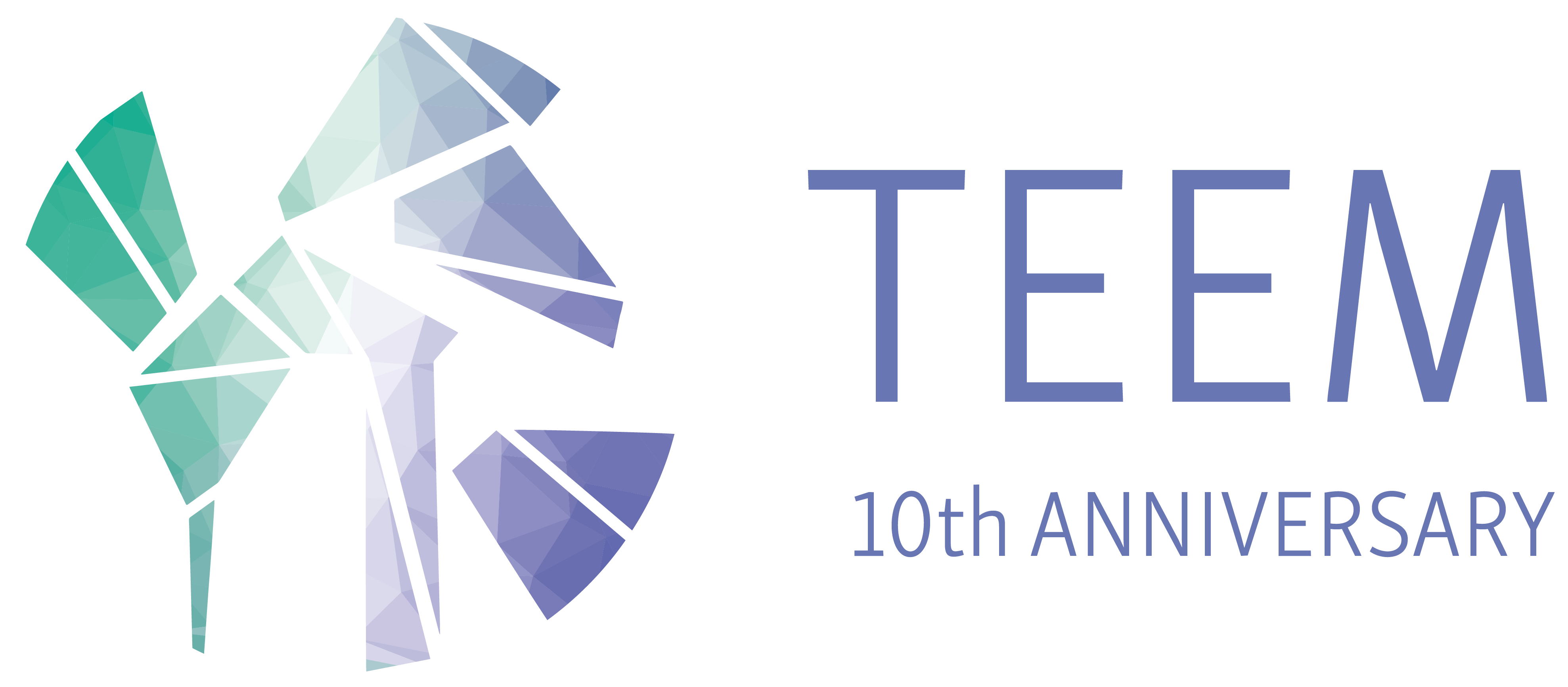Presentation
The value of experimentation to Science (Technology, Engineering, and Mathematics, i.e., STEM) is traceable to the 17th century, as evidenced by the motto of the Royal Society: “Nullius in verba”. As stated in [1]:
“The Royal Society’s motto ‘Nullius in verba’ is taken to mean ‘take nobody’s word for it’. It is an expression of the determination of Fellows to withstand the domination of authority and to verify all statements by an appeal to facts determined by experiment.”
In STEM education, lab-based classes play an important role by allowing students to acquire experimental skills, as part of their training. This vital role is evidenced by a seminal paper authored by Feisel & Rosa (2005), which proposes a list of 13 fundamental objectives of laboratories in undergraduate engineering degrees [2]. This same paper also addresses the potential value of combining different lab environments, like remote and virtual labs. The trend to expand the boundaries of traditional – hands-on – labs to the cyberspace, creating a new type of non-traditional – virtual and remote – labs has gained momentum with the COVID-19 pandemic. Nevertheless, this trend has roots that can be traced back to more than 25 years ago [3], as acknowledged by Froyd, Wankat & Smith (2012), i.e.:
“Remote laboratories, a method that can at least partially replace live experimentation, was first developed by Aktan et al. In a remote laboratory students use a computer to control an actual experiment that is in a different physical space. … Remote laboratories allow institutions to share expensive equipment, and equipment downtime is reduced. (p. 1354)”
This track aims to attract and discuss relevant contributions to the theme of Lab-based Education in STEM. Potential contributions should place the lab, or any experimental-based activities, as the “scenario” where students acquire / improve experimental skills, effectively supported by evidence. In other words, any claim(s) should be ‘verifiable by an appeal to facts determined by experiment’.
[1] History of the Royal Society. https://royalsociety.org/about-us/history/. Accessed January 28th, 2021.
[2] Feisel, L. D. & Rosa, A. J. 2005. The role of the laboratory in undergraduate engineering education. J. Eng. Education, 121–130.
[3] Froyd, J. E., Wankat, P. C., & Smith, K. A. (2012). Five major shifts in 100 years of engineering education. Proceedings of the IEEE, 100(Special Centennial Issue), 1344-1360.
Topics
- Experimental Skills
- The role of the laboratory in STEM Education
- Hands-on, virtual and remote labs
- Lab-based teaching strategies
- Non-traditional labs
- Visualized experiments
Track Scientific Committee
Gustavo Ribeiro Alves (Instituto Superior de Engenharia do Porto, Portugal) – Chair
Juarez Bento da Silva (Universidade Federal de Santa Catarina, Brazil) – Chair
Maria Arcelina Marques (Instituto Superior de Engenharia do Porto, Portugal) – Chair
Alexander Kist (University of Southern QueensLand, Australia)
Carlos Arguedas Matarrita (Universidad Estatal a Distancia, Costa Rica)
Claudius Terkowsky (TU Dortmund University, Germany)
Dominik May (University of Georgia, GA, US)
Javier García Zubía (University of Deusto, Spain)
Marina Correia Duarte (Instituto Superior de Engenharia do Porto, Portugal)
Raul Cordeiro Correia (Instituto Politécnico de Setúbal, Portugal)
Simone M. Biléssimo (Universidade Federal de Santa Catarina, Brazil)
José M Martins Ferreira (University of South-Eastern Norway, Norway)
Euan Lindsay (Aalborg University, Denmark)
Sónia Pizarro (Instituto Superior de Engenharia do Porto, Portugal)
